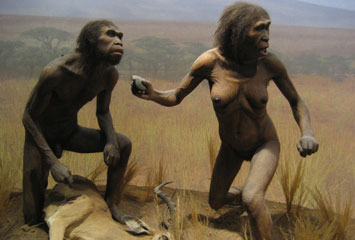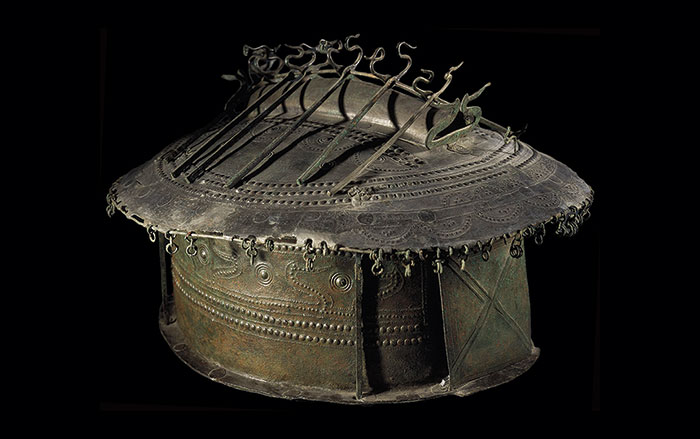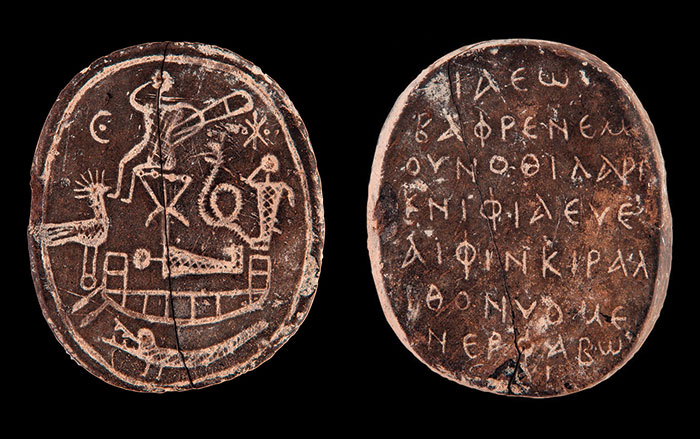
YORK, ENGLAND—The need to socialize, and the ability to experiment and learn, may have helped early humans to survive genetic bottlenecks, when the pool of potential mates was small or even crossed species boundaries. The father and daughter research team of Isabell Winder of the University of York and Nick Winder of Newcastle University speculates in their model of hominins as “Vulnerable Apes” that selection pressure would favor those who were able to cope with the challenges of hereditary disabilities such as weak jaws, hairless bodies, short, weak arms, and straight feet that might have emerged during times when the population dwindled. “In situations where the probability of producing disabled offspring was high, the ‘fittest’ individuals would be those that could help their offspring co-exist with this vulnerability. Those that were a little smarter, more flexible, and more compassionate would have been at an advantage,” Nick Winder said in a press release. To read more, go to "Our Tangled Ancestry."











